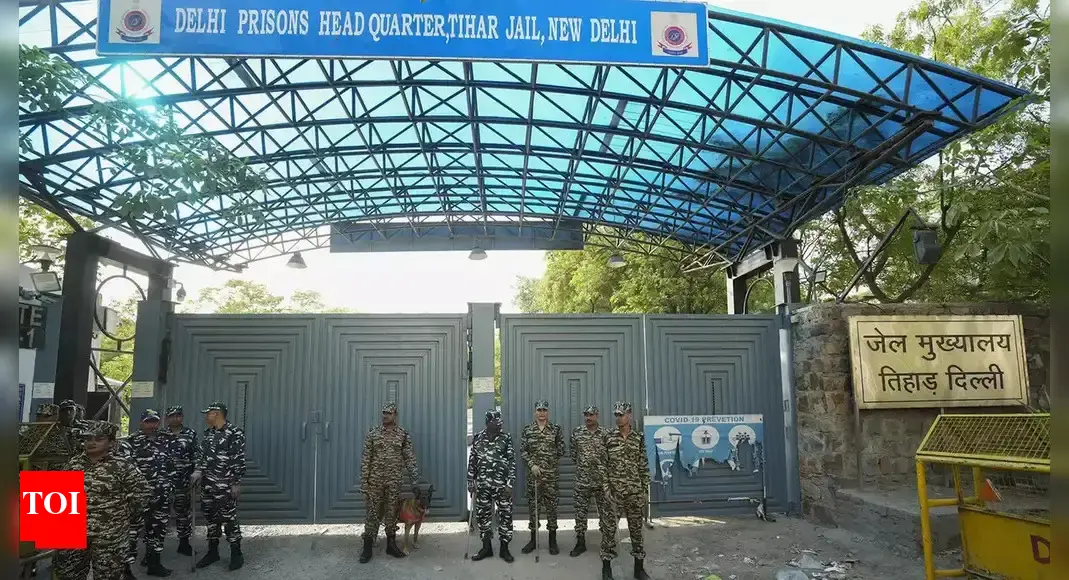Now Reading: Indians Hold Half of Revoked US Student Visas
-
01
Indians Hold Half of Revoked US Student Visas
Indians Hold Half of Revoked US Student Visas

Quick Summary
- The US State Department and Immigration & Customs Enforcement are revoking visas and terminating legal statuses of international students.
- Indians form the largest group of affected students, comprising 50% of reported cases. Other affected nationalities include Chinese, South Korean, Nepali, and Bangladeshi.
- AILA (American Immigration lawyers Association) gathered data from 327 visa revocation/SEVIS termination reports and highlighted the arbitrary nature of these actions in a policy brief.
- India sent over 3.3 lakh students to study in the US for the academic year 2023-24 – an increase of 23% compared to last year, while China saw a slight decline to about 2.8 lakh students.
- While lawsuits have been filed by hundreds of impacted students challenging arbitrary visa termination decisions, some courts issued temporary restraining orders allowing continuation of studies.
- AILA noted that those on Optional Practical Training (OPT), especially graduates employed post-studies, face greater challenges reinstating their status after revocation or SEVIS termination.
- Alleged reasons for visa revocations included minor infractions such as parking tickets or seatbelt violations that do not typically warrant such severe consequences under normal circumstances.
- Congress MP Jairam Ramesh raised concerns on social media regarding the impact on Indian students and urged India’s External Affairs Minister to address this issue with the US government.
- MEA spokesperson Randhir Jaiswal confirmed India’s embassy is actively assisting impacted F1 student visa holders.
Indian Opinion Analysis
This growth highlights a rising concern for Indian international students pursuing education in the United States amidst increasing scrutiny by immigration authorities. With Indians forming half of reported visa revocations or SEVIS terminations despite being law-abiding for most cases citing minor infractions, it questions consistency in enforcement measures by US agencies.
India’s growing cohort in American universities reflects its aspiration towards global education standards but also indicates vulnerability as discretionary immigration practices gain traction among host nations. Immediate implications centre around uncertainty faced by OPT participants who are critical contributors to STEM fields globally but now face employment insecurity due to abrupt status changes.
On diplomatic fronts, proactive engagement between governments could mitigate unneeded upheaval affecting bilateral educational ties mutually beneficial economically too freq.quantum one considers remak tightening leveraging related platforms-feedback sought























